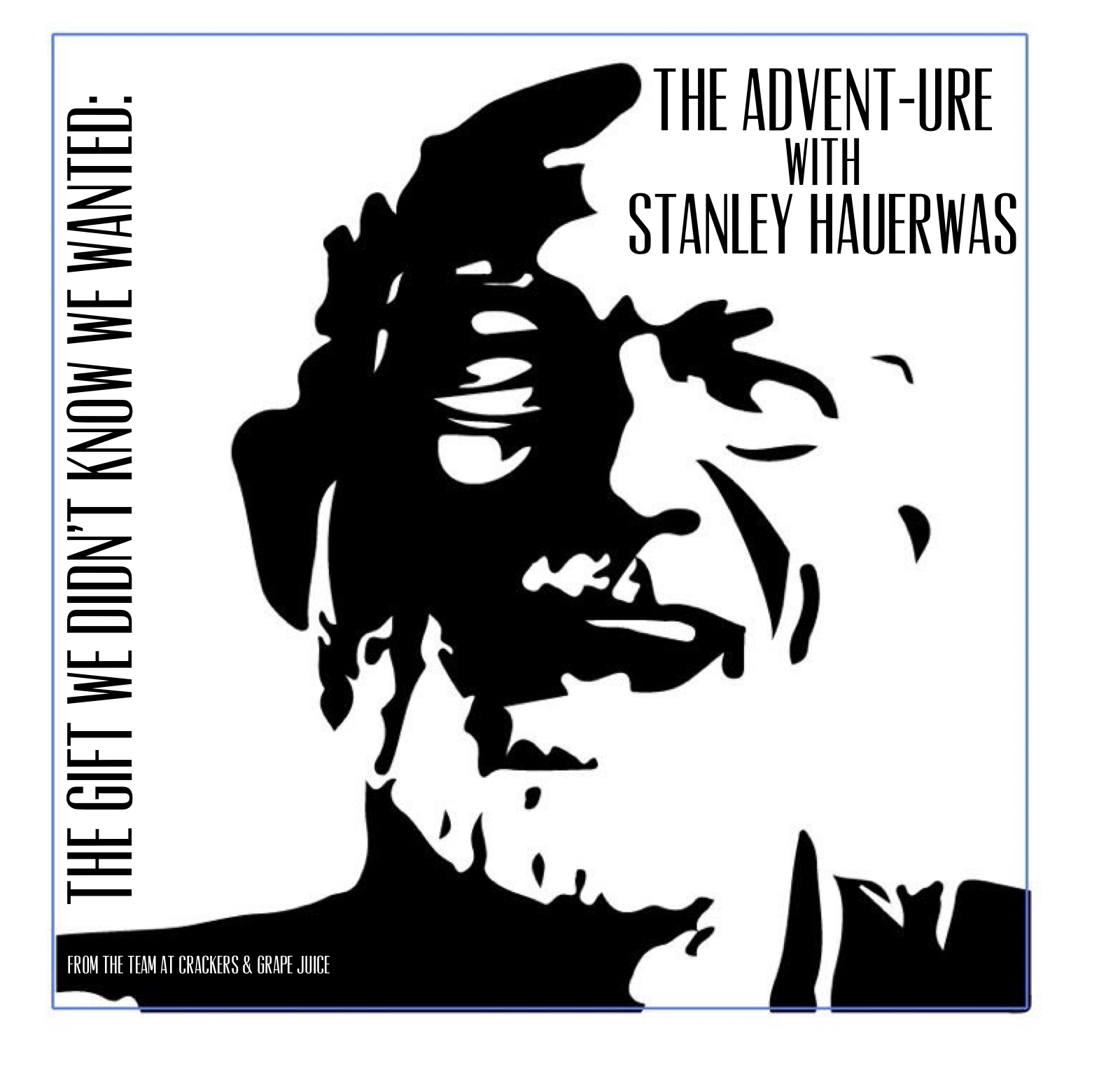
 “Get dressed in something nice,” my mother said through my bedroom door, “We’re going to church.” Somewhere, I’m sure, a needle scratched clear off a record. Save for a Holy Roman shotgun wedding, where even elementary-aged me could sense the bride and groom were about to make a terrible decision, I’d never gone to church before. I got my license before I got religion.
“Get dressed in something nice,” my mother said through my bedroom door, “We’re going to church.” Somewhere, I’m sure, a needle scratched clear off a record. Save for a Holy Roman shotgun wedding, where even elementary-aged me could sense the bride and groom were about to make a terrible decision, I’d never gone to church before. I got my license before I got religion.
It was Christmas Eve. A teenager, I had a few expensive (and awesome!) items on my wish list. Jesus was not one of them.
From the discreet remove of the balcony, I discovered “Silent Night” had more than one verse and that the magi were conspicuously missing from the gospel lesson the woman in the guady holiday sweater read for us. I’d seen the bumperstickers, of course. I knew Jesus was the reason for the season, but that Christmas Eve— my first time in any sort of worship service that didn’t include Take Me Out to the Ballgame— it wasn’t at all clear to me what was the reason to keep on fussing about Jesus two thousand years later.
Not until the pastor held up a loaf of bread, broke it, and gave thanks to God and then, pouring wine into a silver cup, he taught us a word that not even this A+ English student knew: incarnation. Lifting the cup of wine and showing it to us like Vanna White revealing a hidden vowel, he explained what lay not so self-evident in the familiar story of Mary, Joseph, and the heavenly host. God takes flesh in Jesus Christ, I heard for the first time. Our flesh, the preacher proclaimed. God became what we are, the preacher preached in what I later learned was from Saint Athanasius, so that we can become like God.
As an adolescent, I had suffered acne so severe the dermatologist prescribed me medication I later learned had been used initially to treat Hanson’s Disease; that is, leprosy. What I was, I believed, was unlovely and therefore unloveable. Cynicism is the anti-virtue that there is nothing worth dedicating your life to in a way that encompasses it; cynicism is born from shame, the conviction that you aren’t worth another’s dedication. Shame had made me cynical so my mother had made me go to church, and what I was given there was a gift I didn’t know I wanted until after I’d received it.
I remember how in the seventh grade, I’d asked for a Nintendo for Christmas. I wanted to play Duck Hunt at home just as I had at my friend’s house. Instead of a Nintendo I got a boxed set of books by J.R.R Tolkien. It was about the last present I could’ve wanted, but in the boredom of a long winter break I cracked the first volume. In time, the story took hold of me. I was incorporated into the realm of Middle Earth; such that, a year later what I wanted most in the world wasn’t a video game system but to learn Elvish (which I did learn— it’s a miracle I ever had girlfriends).
To hear that God would put on my blemished skin, become what I was, take my body as God’s own body—that God was as invested in my body as in my soul— well, that first worship service on Christmas Eve was like a wardrobe into Narnia. I didn’t realize how much I wanted to be there until I discovered myself incorporated into it. Soon, I wanted nothing more than to learn a different language, not Elvish but Christian.
It’s easy during Advent, setting our creches along the mantle and lining up the wise men on our front lawns with the illuminated outline of a camel following after them, to think that we’re incorporating the Christmas story into our lives. Rather, the opposite is the case.
Advent is the time when— if we’re not careful and let our guard down— when the Living God incorporates us into the story of Christ.
For example, if you hear the story of the holy family’s flight to Egypt over enough years, eventually Jesus will afflict you with nightmares (about the refugees on our own border) that you wouldn’t have had had you not known Jesus. Invite Mother Mary with her upside-down ode to her baby boy into more than a few of your Advents and soon you’ll have a hard time taking seriously those in “power” who take themselves so seriously. Heed John the Baptist’s brimstone over enough Advents and you’ll surely know that unmerited grace is the only means by which you’ll gain the Kingdom.
Advent is not the time when we make God a part of our story.
Advent is the time when God makes us a part of God’s story.
This is why I think it’s crucial for Christians to notice that the language Christians use about Christmas isn’t happiness but joy.
Happiness most often describes what’s found at the end of a journey you’ve chosen for youself.
Joy is the surprise you discover along an adventure, and an adventure (REI ads notwithstanding) is not something you select but something you fall into unawares.
“Christianity is an adventure,” Stanley Hauerwas writes. Through baptism and the Holy Spirit’s good humor and the fortuitous workings of God’s grace, Christians are drawn into the redemption that God is drawing near.
That Christianity is an adventure changes how Christians think of giving at Christmastime. It’s not simply that in giving we receive. It’s that in being given this story, the gospel, as our own, we’re given gifts we didn’t know we wanted until we’d received them. It’s not simply that Jesus is the reason for the season, then. It’s that the King who’s come in Mary’s womb is a gift that creates in us desires we could not have had prior to the gift. He’s the gift that could never be on anyone’s wish list, the gift who reorders the wish lists of all who receive him.
